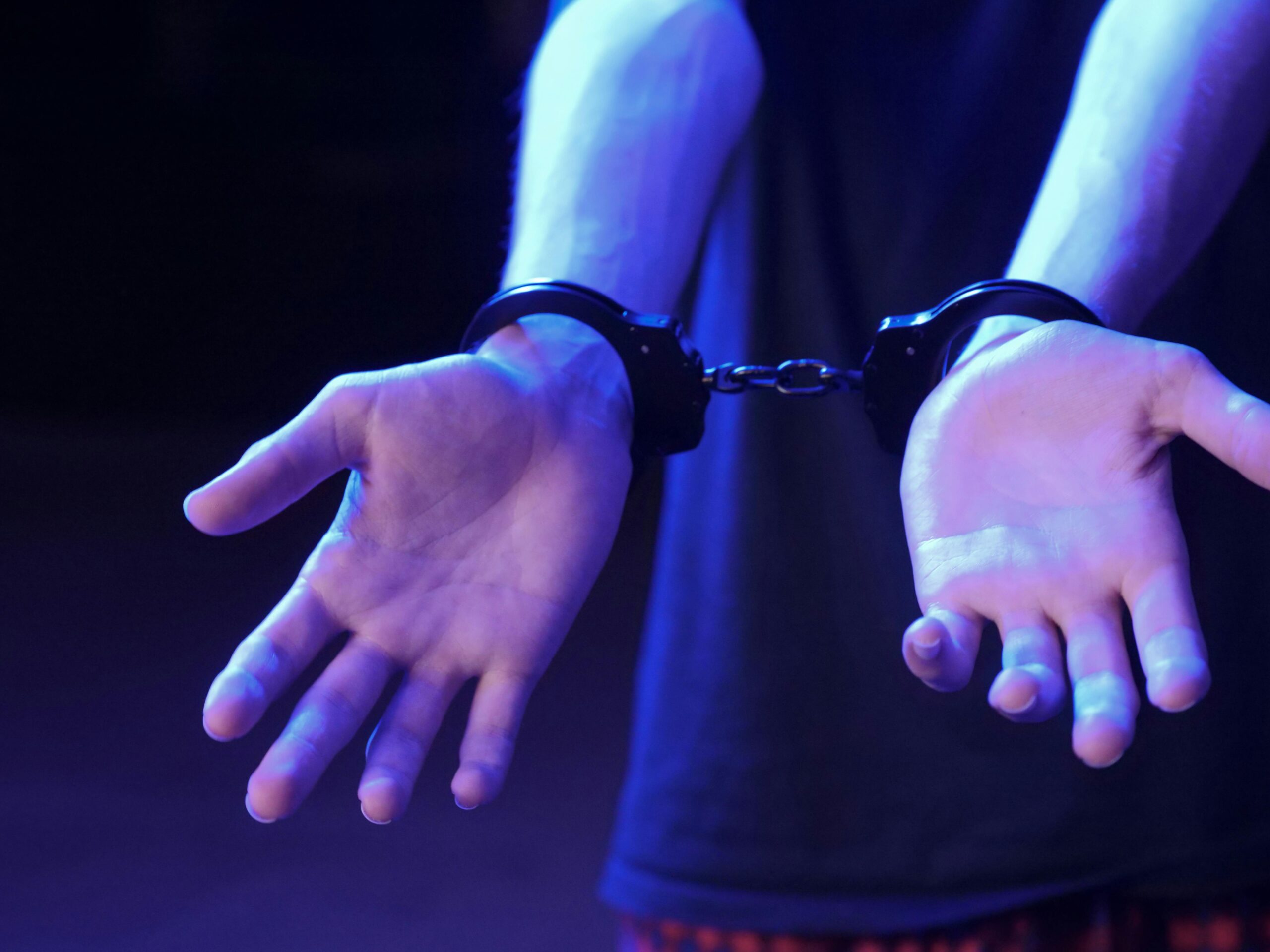The Role of Plea Bargains in Criminal Cases

Plea bargaining is a cornerstone of the criminal justice system, playing a pivotal role in resolving cases efficiently and reducing the burden on courts. It involves an agreement between the prosecution and the defendant, where the latter agrees to plead guilty or no contest to certain charges in exchange for concessions from the prosecution. These concessions may include reduced charges, a lighter sentence, or the dismissal of other charges. In this article, we will explore the role of plea bargains in criminal cases, their benefits, drawbacks, and their broader implications for the justice system.
What Is a Plea Bargain?
A plea bargain is a negotiated agreement that resolves a criminal case without going to trial. There are three main types of plea bargains:
- Charge Bargaining : The defendant pleads guilty to a lesser charge in exchange for the dismissal of more serious charges.
- Example: A defendant charged with felony assault might plead guilty to misdemeanor assault.
- Sentence Bargaining : The defendant pleads guilty in exchange for a lighter sentence or specific sentencing recommendations.
- Example: A defendant pleads guilty to theft and receives probation instead of jail time.
- Fact Bargaining : The defendant admits to certain facts in exchange for the prosecution not introducing other damaging evidence.
- Example: A defendant admits to being present at the scene of a crime but avoids admitting intent to commit a crime.
Plea bargains are typically negotiated by the defense attorney and the prosecutor, with the judge’s approval required in most jurisdictions.
Why Are Plea Bargains Used?
Plea bargaining serves several important functions within the criminal justice system:
1. Efficiency
Trials are time-consuming and resource-intensive. By resolving cases through plea agreements, courts can avoid lengthy proceedings, freeing up judges, prosecutors, and public defenders to focus on more complex cases.
2. Certainty
For defendants, plea bargains provide a predictable outcome rather than risking a harsher sentence at trial. For prosecutors, they ensure a conviction without the uncertainty of a jury verdict.
3. Reduced Caseloads
Courts face overwhelming caseloads, and plea bargains help manage the backlog. Without them, the system would grind to a halt under the sheer volume of cases.
4. Cost Savings
Both the government and defendants save money by avoiding trials. Trials require significant expenditures for expert witnesses, court personnel, and legal representation.
5. Rehabilitation Opportunities
Plea bargains often allow defendants to accept responsibility for their actions and access rehabilitative programs, such as drug treatment or community service, instead of facing incarceration.
Benefits of Plea Bargains
For Defendants
- Reduced Sentences : Defendants often receive lighter sentences than they might face if convicted at trial.
- Avoiding Harsh Penalties : Plea deals can prevent mandatory minimum sentences or life imprisonment.
- Faster Resolution : Cases are resolved quickly, sparing defendants the stress and uncertainty of a trial.
For Prosecutors
- Guaranteed Convictions : Prosecutors secure convictions without the risk of acquittal at trial.
- Resource Allocation : They can allocate resources to more serious or complex cases.
- Victim Satisfaction : Victims may prefer quicker resolutions over prolonged trials.
For the Justice System
- Court Efficiency : Plea bargains reduce congestion in the courts, allowing faster processing of cases.
- Focus on Serious Crimes : Resources can be redirected toward prosecuting violent or high-profile offenses.
Drawbacks of Plea Bargains
Despite their advantages, plea bargains are not without controversy. Critics argue that they undermine the principles of fairness and justice in several ways:
1. Coercion
Defendants may feel pressured to accept plea deals, even if they are innocent, due to the fear of harsher penalties at trial. This raises concerns about coercion and the erosion of the right to a fair trial.
2. Lack of Transparency
Plea negotiations occur behind closed doors, making it difficult to assess whether the agreements are fair or equitable.
3. Undermining Accountability
When defendants plead guilty to lesser charges, the full scope of their wrongdoing may not be addressed, potentially undermining public trust in the justice system.
4. Disparities in Outcomes
Plea bargains can exacerbate racial and socioeconomic disparities, as wealthier defendants with better legal representation may negotiate more favorable terms.
5. Overburdened Public Defenders
Public defenders, who handle a high volume of cases, may encourage clients to accept plea deals simply to resolve cases quickly, even if the client has a viable defense.
Ethical Considerations
The use of plea bargains raises important ethical questions:
- Justice vs. Expediency : Does the pursuit of efficiency compromise the pursuit of justice?
- Innocence Problem : Should individuals who maintain their innocence be encouraged to plead guilty?
- Power Imbalance : The prosecution often holds significant leverage in negotiations, which can lead to unequal bargaining power.
To address these concerns, some jurisdictions have implemented safeguards, such as requiring judicial oversight of plea agreements or prohibiting plea deals in certain types of cases (e.g., death penalty cases).
The Impact of Plea Bargains on the Justice System
Plea bargains account for approximately 90-95% of all criminal convictions in the United States, underscoring their dominance in the justice system. Their widespread use has both positive and negative effects:
Positive Impacts
- Case Resolution : Most cases are resolved swiftly, ensuring timely justice for victims and closure for defendants.
- Resource Management : Courts and law enforcement agencies can operate more efficiently.
- Rehabilitation Focus : Alternatives to incarceration, such as probation or diversion programs, are often included in plea deals.
Negative Impacts
- Trial Decline : The prevalence of plea bargains has led to a decline in jury trials, raising concerns about the erosion of constitutional rights.
- Systemic Pressure : Defendants may feel compelled to plead guilty, even when innocent, due to systemic pressures.
- Public Perception : Some view plea bargains as “deals” that let criminals off too easily, eroding confidence in the justice system.
Alternatives to Plea Bargaining
While plea bargaining is deeply entrenched in the justice system, there are alternatives worth exploring:
- Restorative Justice : Focuses on repairing harm caused by crime through dialogue between offenders, victims, and the community.
- Diversion Programs : Offers rehabilitation and education instead of traditional prosecution for non-violent offenders.
- Streamlined Trials : Implementing expedited trial procedures to reduce delays and costs associated with full trials.
These alternatives aim to balance efficiency with fairness, addressing some of the criticisms leveled against plea bargaining.


